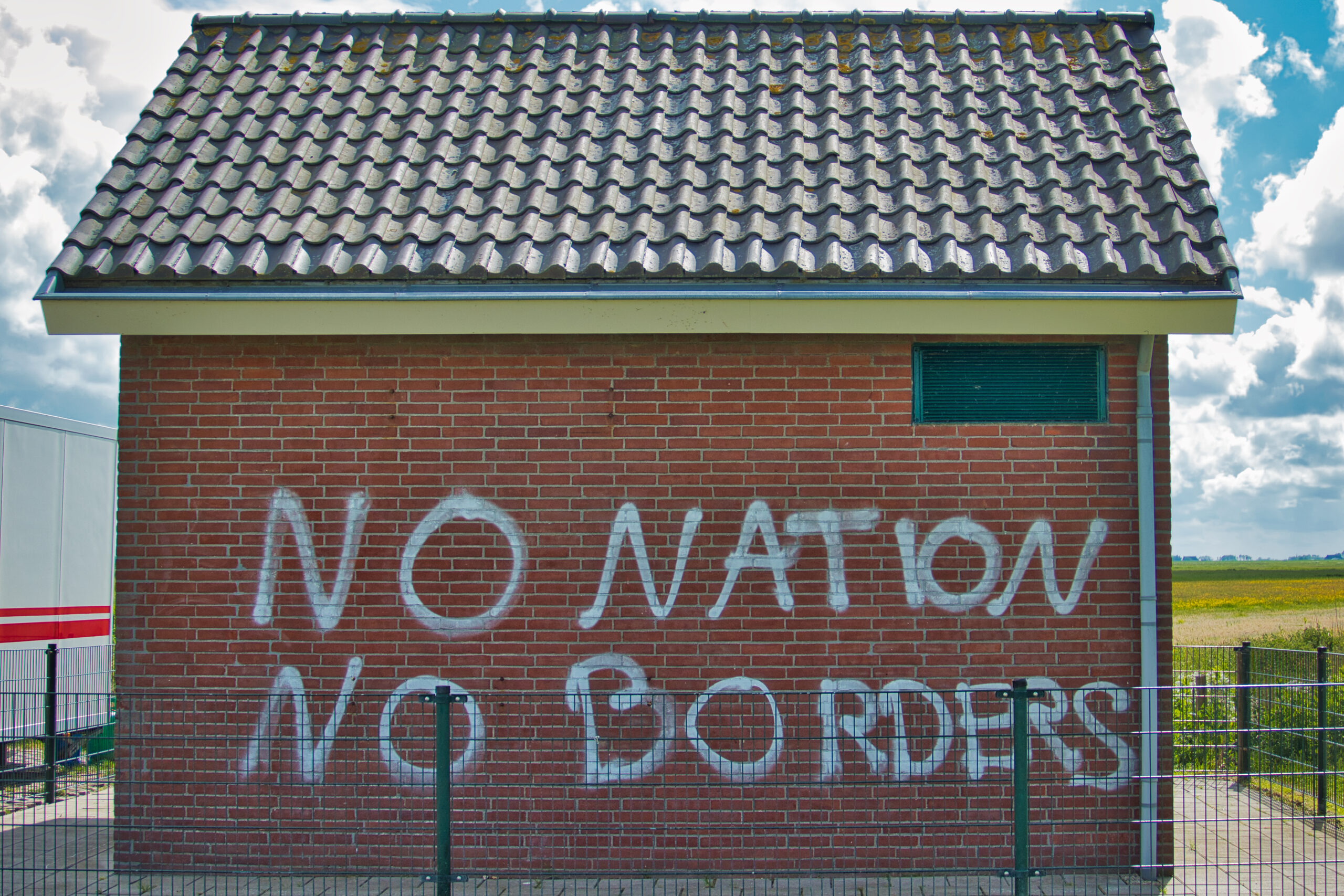Ministers must decide on asylum laws, despite criticism: NSC

The four coalition parties all want to proceed with controversial legislation to reduce the number of asylum seekers coming to the Netherlands, even though there are doubts that it will have any effect.
The Council of State, the government’s most senior advisory body, said on Monday morning there is no evidence the draft legislation will cut numbers and that it is likely to boost backlogs at the immigration service IND and in the courts instead.
Despite tacit agreement to press ahead with the plans, both the NSC and VVD have not ruled making amendments to remove the shortcomings highlighted by the council, creating further tensions within the coalition.
“It is up to the cabinet to take a look,” NSC parliamentarian Diederik Boomsma said on social media. “We all want quick results, but the laws must be easy to put into practice. That is in everyone’s interest.”
However, far-right leader Geert Wilders, who said after the council published its report that the recommendations could be easily ignored, issued another warning to his coalition partner on Monday afternoon.
“You are playing with fire, NSC and Pieter Omtzigt,” he said on social media. “We gave up the emergency law, and now no more changes. Otherwise, voters can have their say.”
Wilders has threatened to blow up the cabinet several times rather than accept any amendments to the plans.
The first piece of legislation scraps permanent residency permits for refugees, reduces the primary refugee permit from five to three years, stops adult children from joining their parents in the Netherlands, and makes it easier to declare people “undesirable aliens.”
It will also stop refugees from bringing in their families until they have lived here for two years and have a home and income.
The second bill will allow officials to differentiate between people who fled their home country because of their ethnicity, sexual orientation, or religion, and those who fled from war or violence, including natural disasters.
A third law will make it a crime to refuse to cooperate with deportation plans.
Ministers
The three laws replace the earlier plan to introduce emergency legislation that would have allowed ministers to bypass parliament but was opposed by coalition party NSC.
The Council of State will now be discussed by ministers in Friday’s cabinet meeting, who will decide what action to take next.
Thank you for donating to DutchNews.nl.
We could not provide the Dutch News service, and keep it free of charge, without the generous support of our readers. Your donations allow us to report on issues you tell us matter, and provide you with a summary of the most important Dutch news each day.
Make a donation